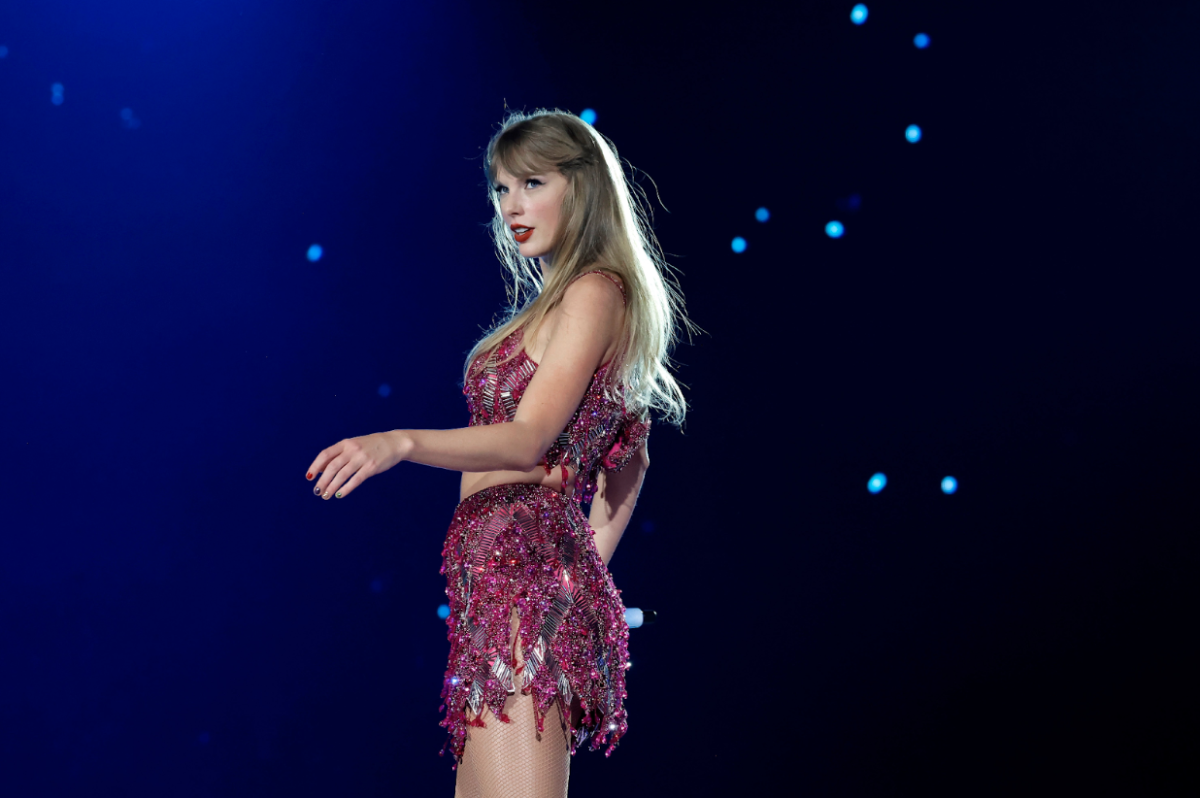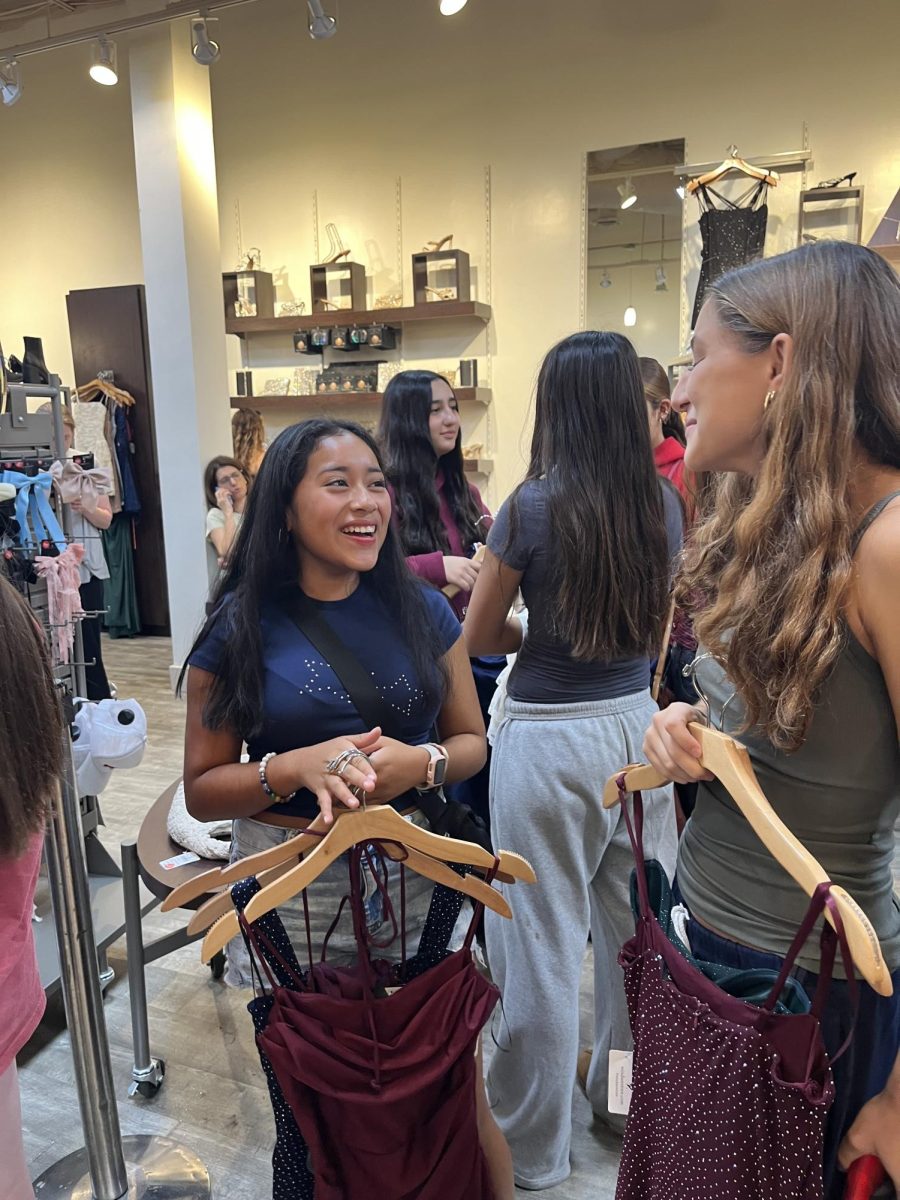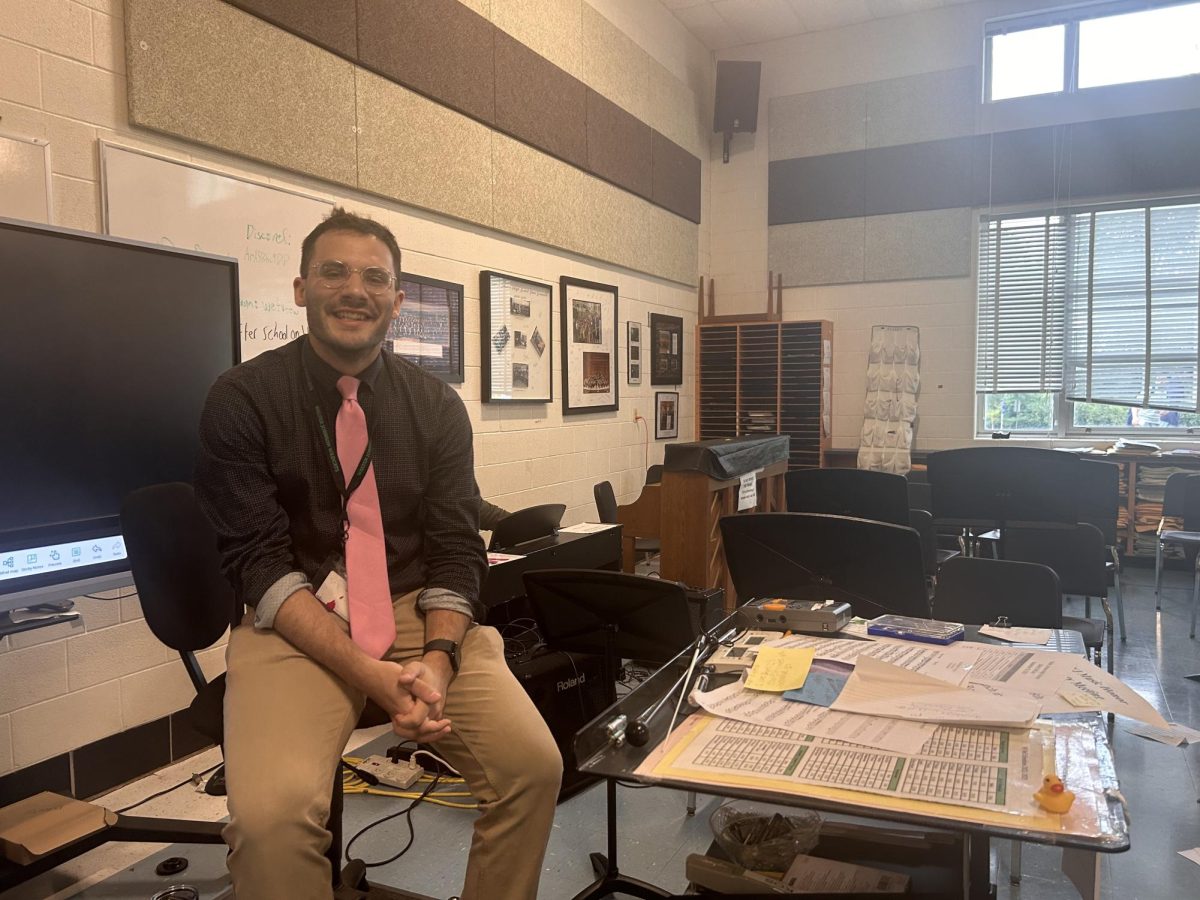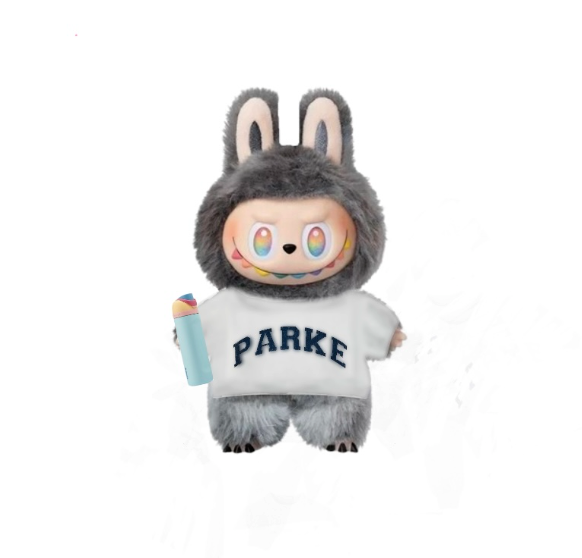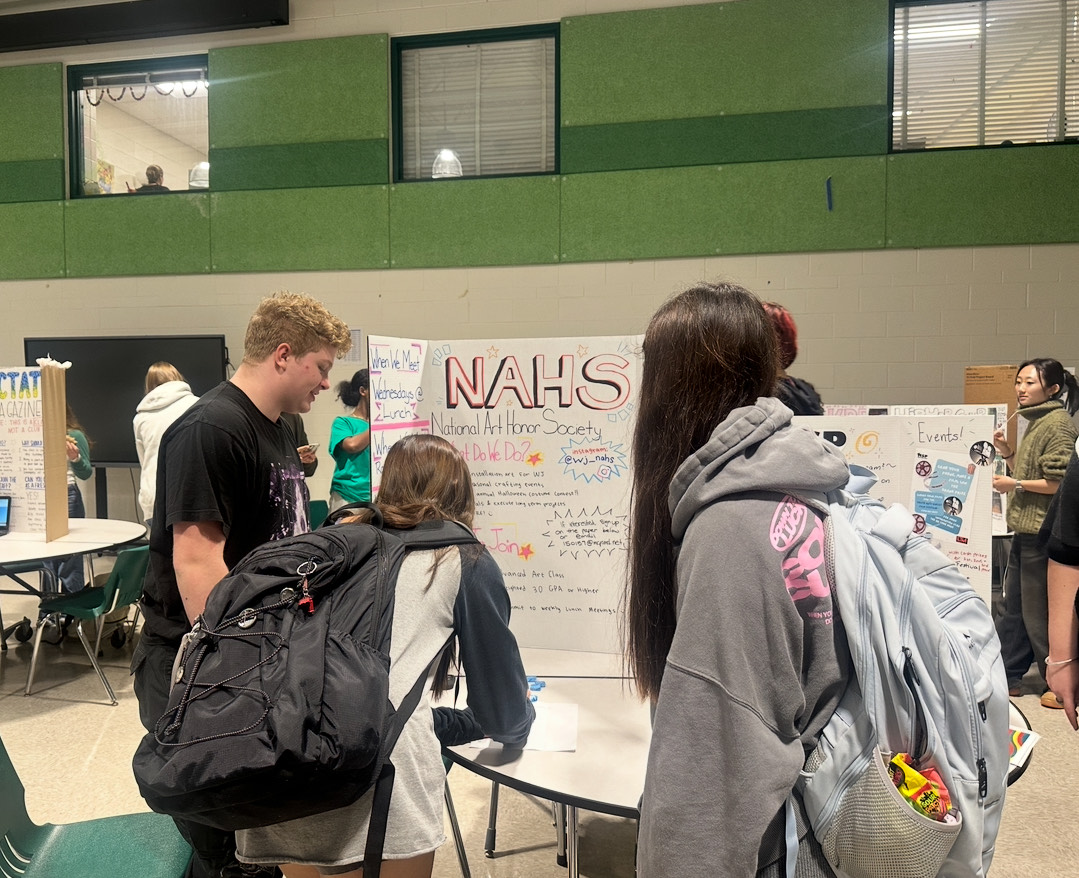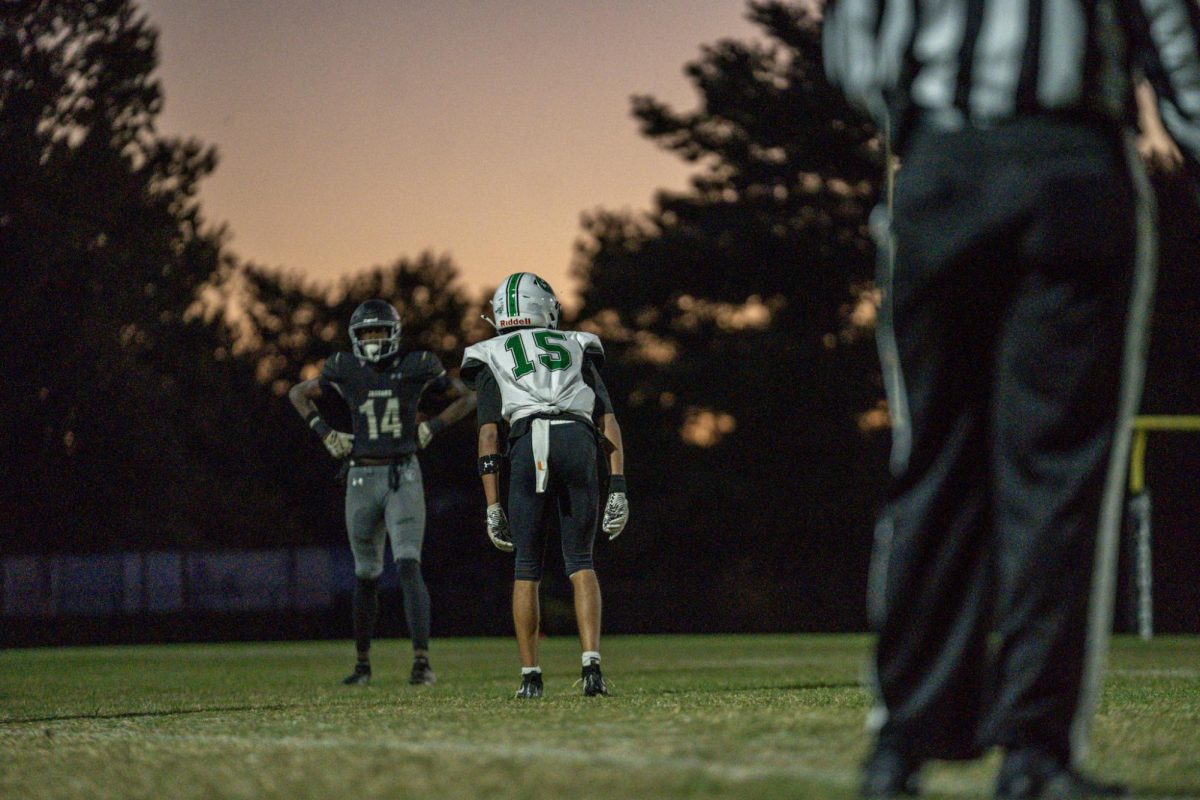Harry Potter and the Deathly Hallows Part One opened Friday with $125.1 million in box office returns its first weekend alone. I am not ashamed to admit that I was one of those Harry Potter freaks who attended the midnight premier dressed accordingly as Hermione Granger, sporting black robes and a Gryffindor red-and-gold striped tie.
Along with millions of other fanatics, I took in the beginning of the end of a series with which I have been emotionally connected from the start. I laughed along with Ron’s jokes; I felt sympathy when Hermione had to clear her parents’ memory; I shedded a tear when Dobby died. However, when the emotional rollercoaster of the movie was over, I was left with an empty feeling. Was that quality cinema? Was that quality acting? Would I even have liked the movie had I not already become attached to the plotline and characters from reading the books?
When judged by the measuring stick of cinema – the Academy Awards – the Harry Potter franchise can be declared technically successful, having been nominated for Best Cinematography, Best Art Direction, Best Visual Effects, Best Costumes and Best Score. However, the series has yet to win in nine years. Additionally, to the average viewer, these Oscar nominations are seldom noted in comparison to the skills of a movie’s actors, the creativity of the direction or the originality of the script.
Judged on these points, Harry Potter has mediocre success. The acting is subpar, although the three young stars, Daniel Radcliff, Rupert Grint and Emma Watson, have all matured in their acting since the series began, and the direction is predictable. The greatest point arguing the success of the Harry Potter movies is the amazing story crafted by J.K. Rowling. Despite many disparities between the books and the movies, the story overwhelmingly remains true to Rowling’s original text, and in this assurance, the films have undeniable quality.
The relevance of the cinematic aptitude of the Harry Potter movies aside, I am drawn to watch them simply to see the amazing story jump out of the book and into life on screen. Watching the stories come to life and being able to see described action played out as true, relatable humanity makes reading the hundreds of pages worth the effort it takes to get through them. It’s the tortured look in Harry’s eyes as he sees flashes of Voldemort’s life, the devotion we see in Hermione and Ron’s love for one another, the affection the Order of the Phoenix has for Harry and, most importantly, the loyalty among the three lead characters. Regardless of the franchise’s technical attributes or its movie-making genius, I, and millions around the world, feel a devotion to this magical world. This connection fosters the series’ success and is what keeps us coming back for more.



